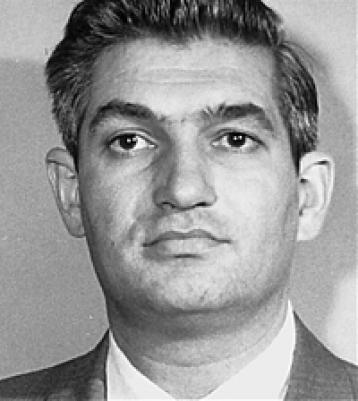By the mid-1950s it was apparent there was no shortage of rising young stars on the horizon. Still, none shone brighter than Ely Trachtenberg.
"Broad-shouldered and handsome," wrote Dave Selden in his memoir The Teacher Rebellion. Trachtenberg "had grown up in the hurly-burly of left-wing debate in New York City where socialism and union theory were constantly discussed. He was skilled in Marxist dialectic yet had a pragmatic attitude toward the Guild’s problems."
Tractenberg would need all of his considerable powers of persuasion. The walkout by evening high school teachers during the winter of 1959 had left the Teachers’ Guild in a tough spot. Since the strike had the backing of the Guild’s chief organizational nemesis, the High School Teachers Association, many of the Guild’s leaders wanted nothing to do with the action.
Trachtenberg convinced them that "It was the struggle that was important, not the organization," Selden recalls. As it turned out the working relationships forged during the strike were the foundation for the creation of the UFT.
Tragically, not long after, Trachtenberg would die of a heart attack. "There’s not a shred of doubt in my mind," says George Altomare, "Ely would have been president."
